Winter is Coming: Is Your Heating System Ready?
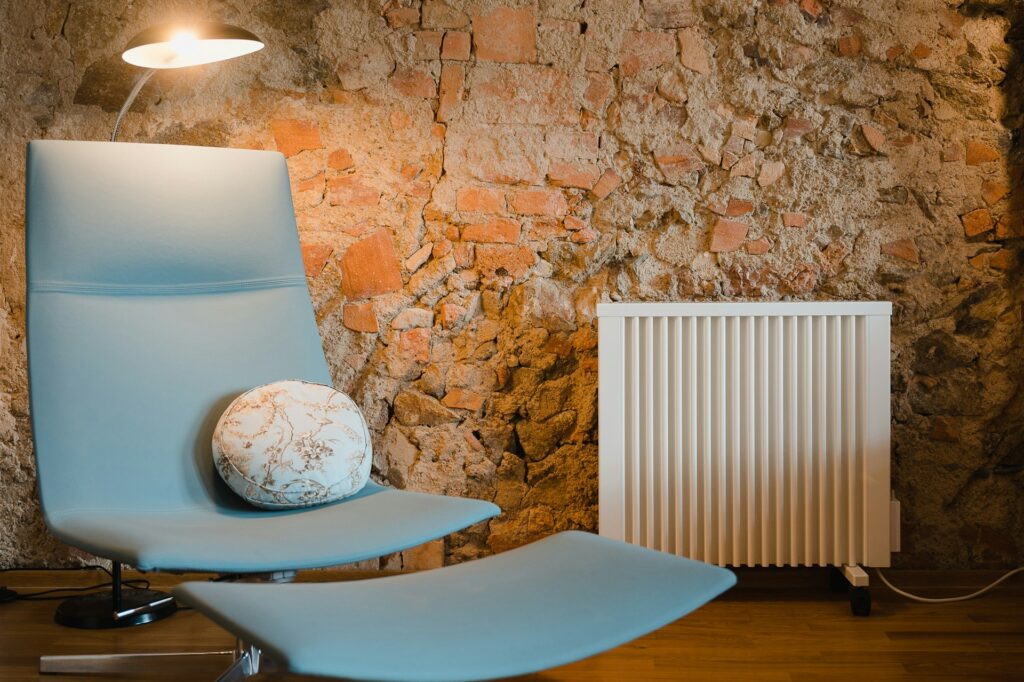
As the chilly winds of winter start to make their way into your home, ensuring your heating system is in top-notch condition is essential for keeping your family warm and comfortable. Proper preparation not only helps maintain indoor coziness but also prevents costly repairs during the peak of the season.
Let’s explore how you can ensure your heating system is ready to face the cold months ahead, complete with actionable tips, a handy table, and clear do’s and don’ts.
Key takeaways
Take care of your heating system: Maintain it, replace filters when necessary and take it to technician for inspection to avoid developing some issues while ensuring proper functioning of the appliance.
Stay safe at home: Check smoke and carbon monoxide alarms to ensure your family is protected during the heating season.
Save energy and money: One must seal any drafts, invest in a smart thermostat, and keep the house warm while not expending too much energy.
Fix problems early: If you hear strange sounds, feel uneven heating, or see high energy bills, get your system checked right away.
Why it is Important to Prepare Your Heating System
Failing to maintain your heating system can lead to several issues, including:
1. Excessive consumption of energy which leads to increased costs of energy bills.
2. A sudden breakdown during freezing temperatures.
3. Compromised indoor air quality due to clogged filters or vents.
4. Increased repair costs due to prolonged neglect.
By making a couple of proactive strides, you can stay away from these issues and partake in a warm, effortless winter.
Step-by-Step Heating System Preparation Guide
1. Inspect Your Heating System
Begin by outwardly investigating your system for any indications of wear and tear. Check for:
Rust or cracks in the furnace.
Unusual noises during operation.
Leaking ducts or pipes.
2. Clean or Replace Filters
Filters that are not cleaned on a regular basis clog the flow of air which makes your system struggle hence using more energy.
Tip: If used during winter, the filters should be replaced every 1-3 months in order to work as intended.
3. Test Your Thermostat
Check your heating system—the thermostat—by setting it at the desired temperature and observing the rate at which the system reacts to change of temperature.
4. Calendar a Professional Tune-Up
An HVAC professional can check clean and fix some aspects you might not even know exist. It is much better to have a small annual service than to have a large bill for a huge breakdown.
5. Seal Air Leaks
Inspect windows, doors, and vents for drafts. Sealing leaks improves efficiency and reduces strain on your heating system.
Heating System Maintenance Tips
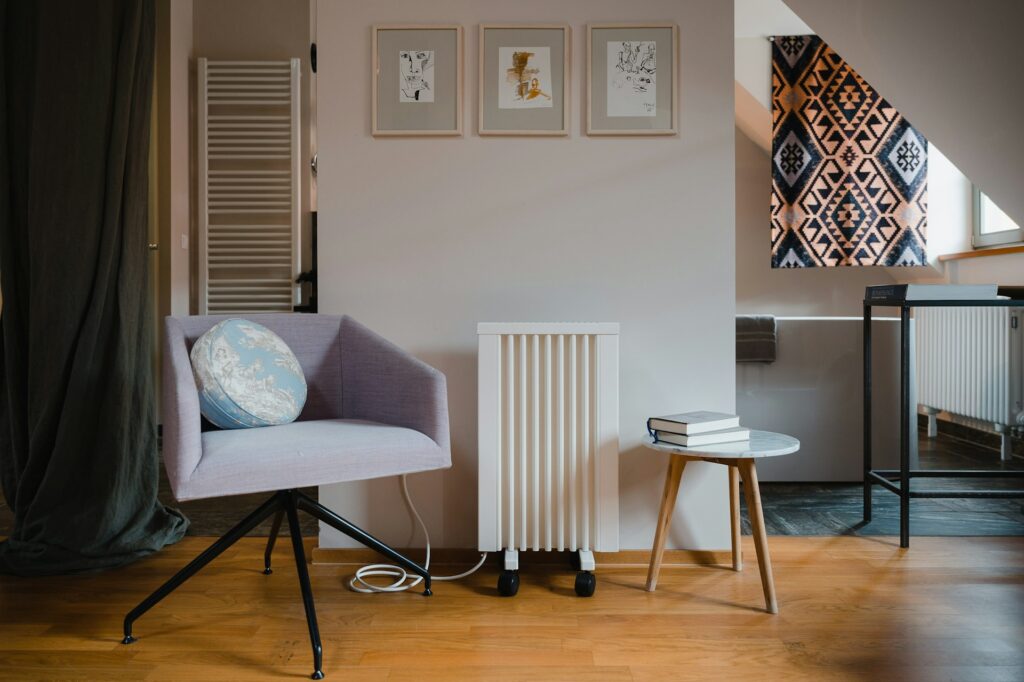
Here are some quick and effective maintenance tips to keep your system running smoothly:
| Task | How Often | Why It’s Important |
| Change air filters | Monthly during use | Ensures proper airflow and energy efficiency. |
| Clean vents and ducts | Every 6 months | Prevents blockages and improves air quality. |
| Test smoke and CO alarms | Monthly | Ensures safety from potential gas or fire hazards. |
| Check thermostat batteries | Annually | Avoids sudden shutdowns due to dead batteries. |
Signs Your Heating System Needs Professional Help
Even with regular maintenance, some issues require a professional touch. Watch out for:
Uneven heating: Some rooms feel colder than others.
Constant cycling: The system turns on and off frequently.
Strange odors: Burning or musty smells during operation.
Rising utility bills: Unexplained increases in energy costs.
Energy-Saving Tips for Winter
There are few things more satisfying than feeling warm with the onset of winter, but these are important in conserving energy. Here are a few tips to help reduce your utility bills:
1. Use a programmable thermostat: Turn down the temperature at night if your are not home or when you are sleeping in order to conserve energy.
2. Close unused rooms: Close the entryways and vents in those pieces of the house where you don’t invest the most of your time
3. Layer up: This will mean wearing extra clothing indoors to minimize the need for the use of many electrical space heaters.
4. Maximize sunlight: Also, during the day one should open the curtains in other to allow the natural heat in and during the night close them in order to keep in the heat.
Guidelines for Heating System Maintenance
| Do’s | Don’ts |
| Schedule regular professional inspections. | Ignore unusual sounds or odors from your system. |
| Keep vents and ducts clean and unobstructed. | Block vents with furniture or heavy curtains. |
| Replace air filters frequently. | Operate the system with dirty or clogged filters. |
| Use a programmable thermostat to save energy. | Overwork the system by setting extreme temperatures. |
| Seal drafts around windows and doors. | Attempt DIY repairs on complex components. |
Top Heating System Challenges and their Fixes
1. Problem: There is lack of heat in the area or room.
Solution: Make sure the thermostat has not been tampered with and the air filters are no clogged. If this remains a problem, one should seek help from a professional person.
2. Problem: Abnormal sounds produced from the heating equipment.
Solution: Any rattling or squealing sound such as thumping or squealing noises may be seen as indicating loose components or worn ones.
3. Problem: The system won’t turn on.
Solution: Inspect the power source and thermostat. If everything appears fine, it’s time to call an expert.
Benefits of Preparing Your Heating System
Proper preparation of your heating system offers several benefits:
Enhanced comfort: It is useful in maintaining a constant temperature of warmth across your home.
Energy efficiency: Removes overall energy usage and with it, costs.
Extended lifespan: Part of taking care of your car is to avoid mechanical stress.
Peace of mind: Reduces the possibility of failure at any one moment thus reduction of drastic breakdowns.
DIY Checklist for Heating System Readiness
Use this handy checklist to ensure your system is ready:
1. Inspect and clean filters.
2. Test the thermostat for accuracy.
3. Clear debris around outdoor units.
4. Check vents for blockages.
5. Seal drafts around windows and doors.
Final Thoughts by Lockey Air
Winter is not easy, but one doesn’t have to struggle if their heating system is well maintained, they should have a comfortable winter. Take some of these tips and be a step ahead; your pocket will be lighter and your home secure and warm. Don’t wait for the bad weather to strike—maintain your heating system now, let the good weather in this winter! For more assistance feel free to contact the experts of Lockey air and heating.
FAQS
How often does my heating system air filter need to be changed?
Air filters should be replaced every 1-3 months when it is winter with frequency depending with usage as well as the type of air filter. This helps ensure proper airflow and system efficiency.
What are common signs that my heating system needs professional servicing?
Look for uneven heating, frequent cycling, unusual odors, and unexpected increases in utility bills. These indicate underlying issues that require professional attention.
What measures can be taken while using heaters?
Take simple measures like using energy efficient programmable thermostats, insulating windows and doors against cold drafts and putting on warm clothing inside homes should be encouraged besides utilizing natural light during the day.
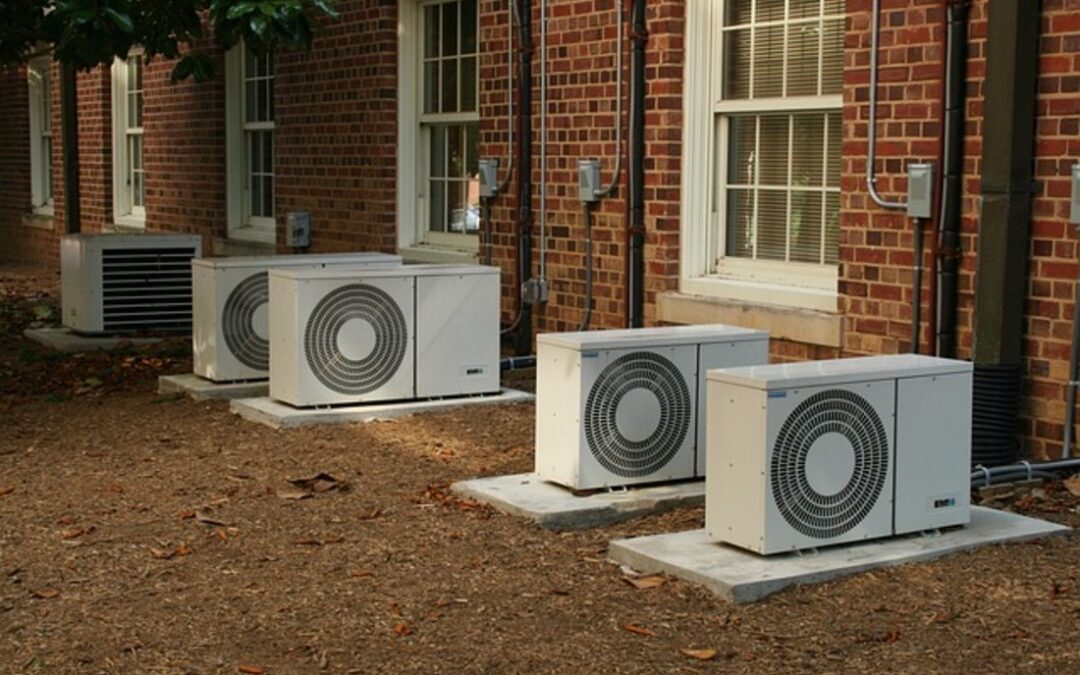
How Often Should You Service Your AC in Belton, Texas?
Let’s be real about Belton summers for a minute. That heat isn’t just uncomfortable; it’s relentless. From those humid June….
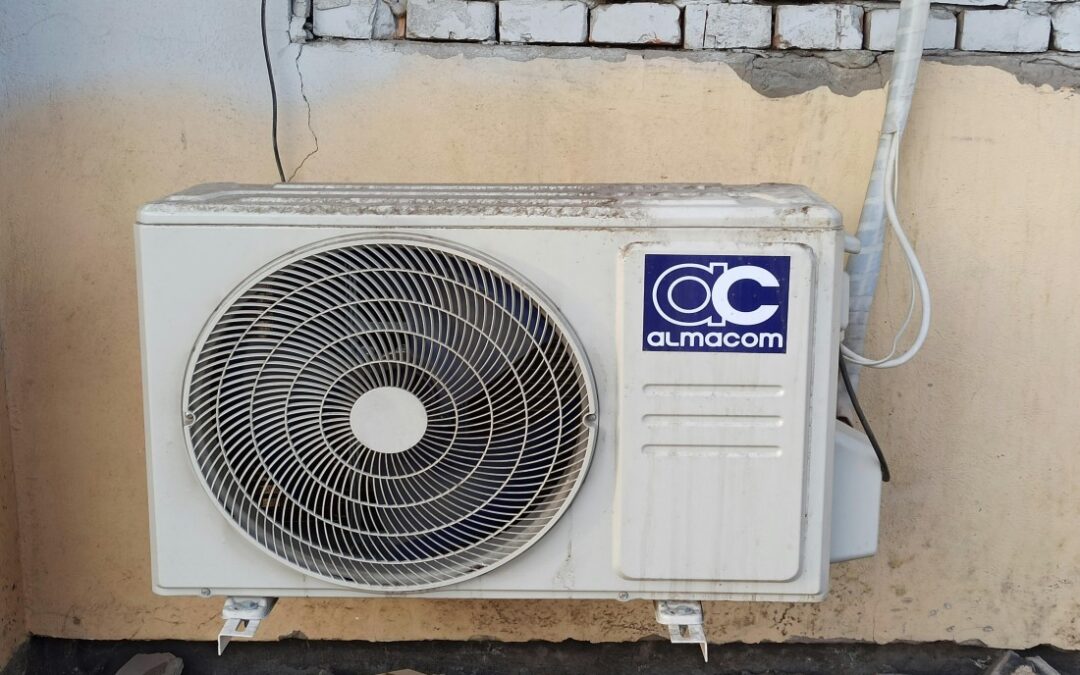
Why Homeowners in Central Texas Are Switching to Ductless Systems
You know exactly how it is here. Summer rolls in, you turn the AC down low, and what happens? The living room gets frosty…
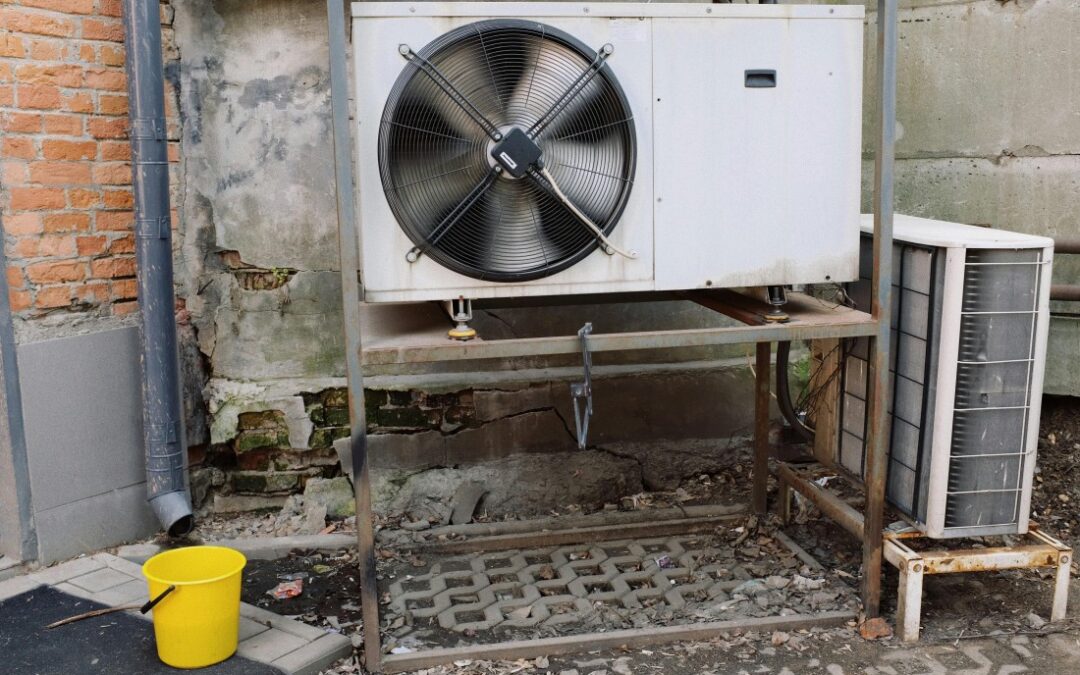
Is Your HVAC System Costing You Too Much? A Smart Thermostat Might Be the Fix
Man, opening that monthly energy bill can feel like a punch in the gut, can’t it? You look at the number for your heating…

How Smart Thermostats Improve HVAC Performance and Reduce Bills
Let’s be honest. For most of us, the thermostat is that thing on the wall we poke at when we’re too hot or too cold…

Why Regular HVAC System Maintenance Is So Important in Central Taxes
Let’s be real. Around here, from around San Angelo to over to Waco and down through Austin, we have a special relationship with our air conditioning…
